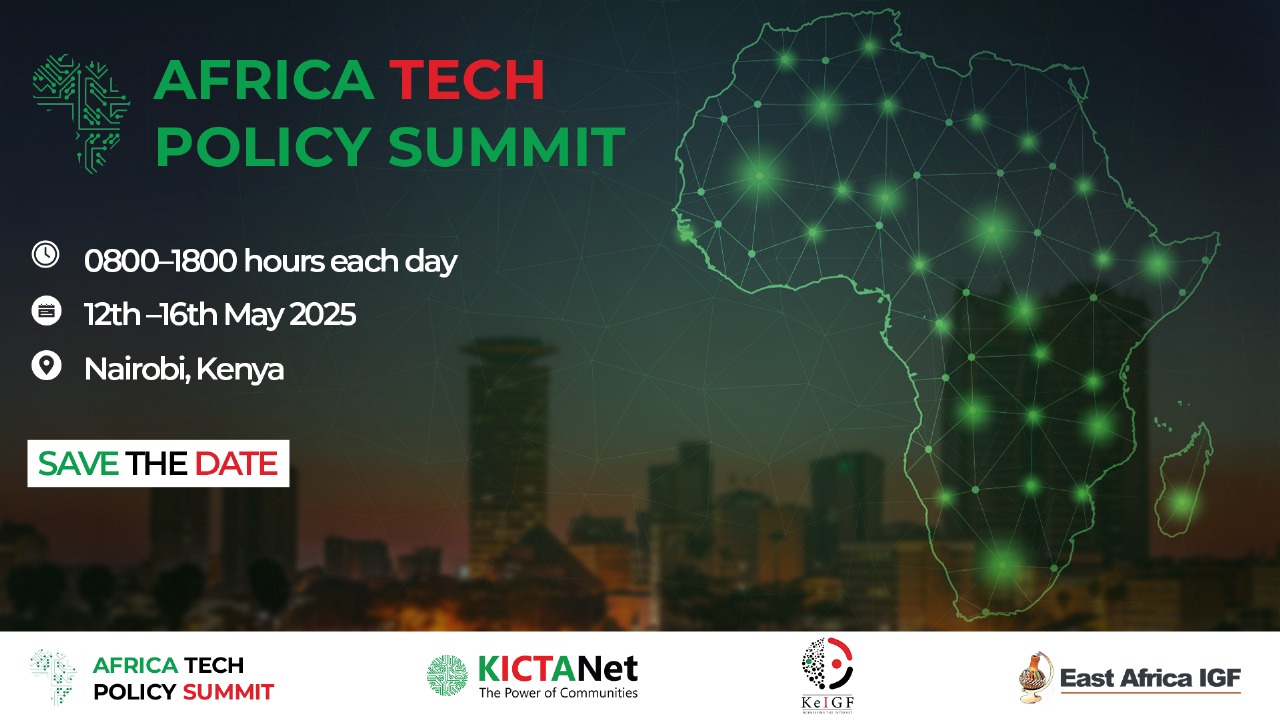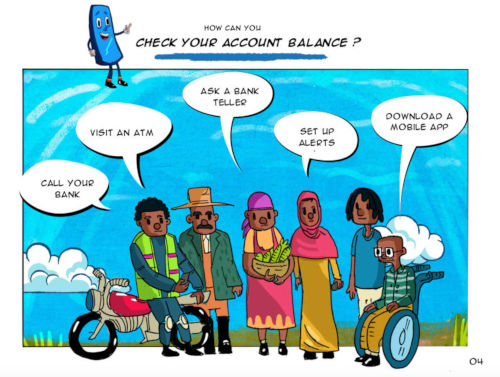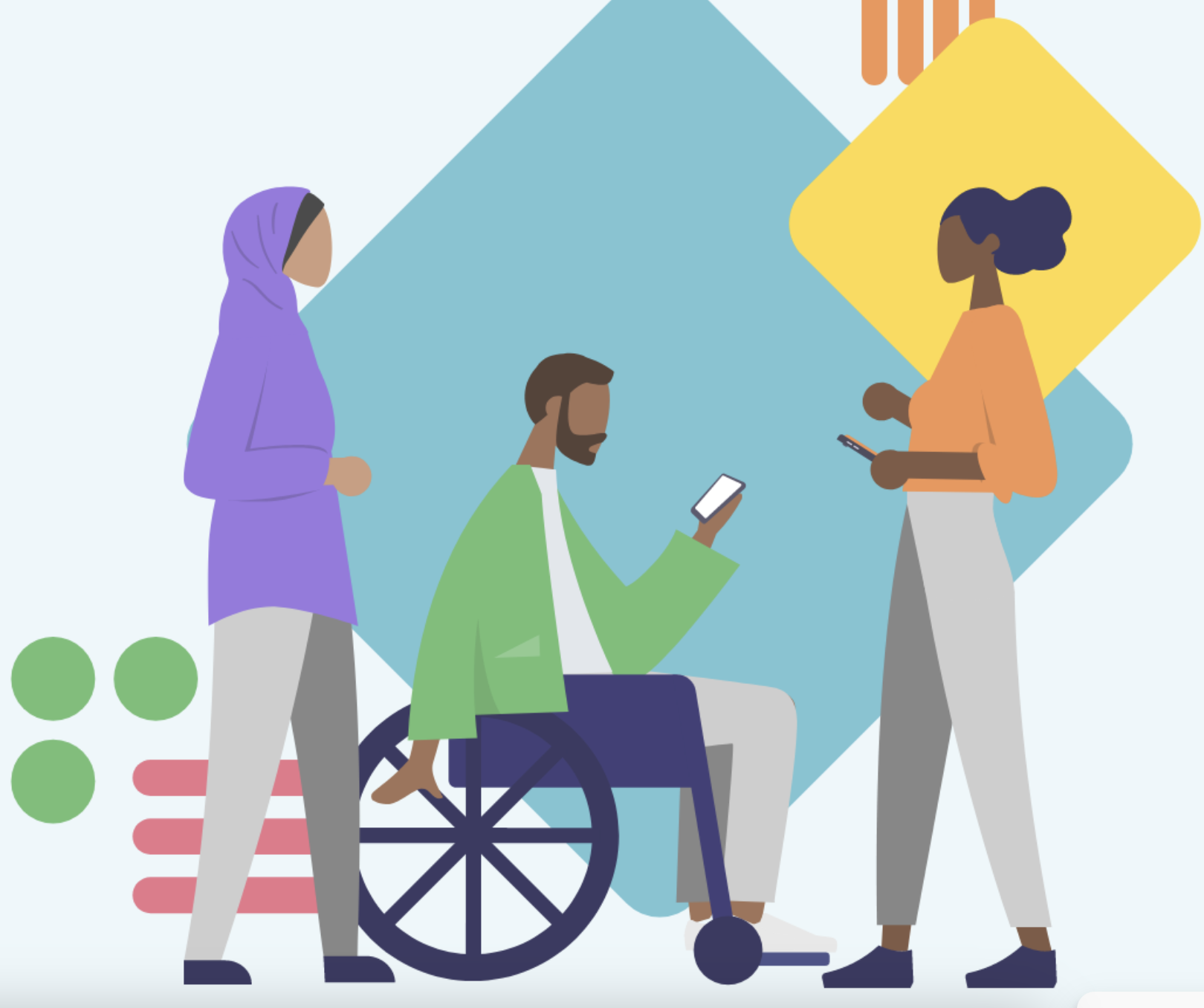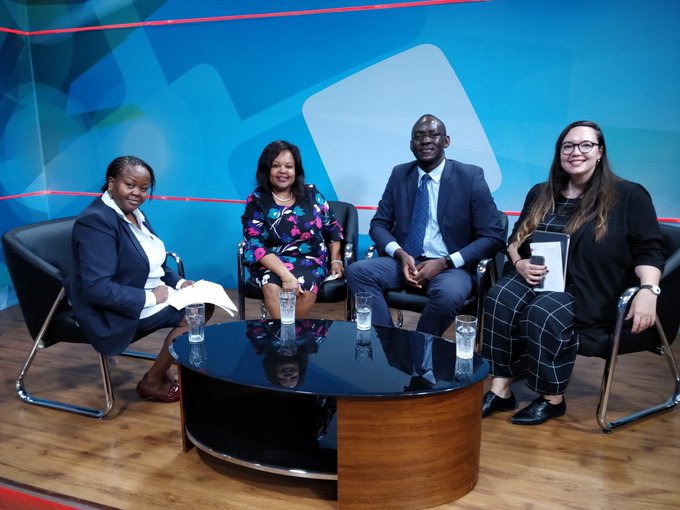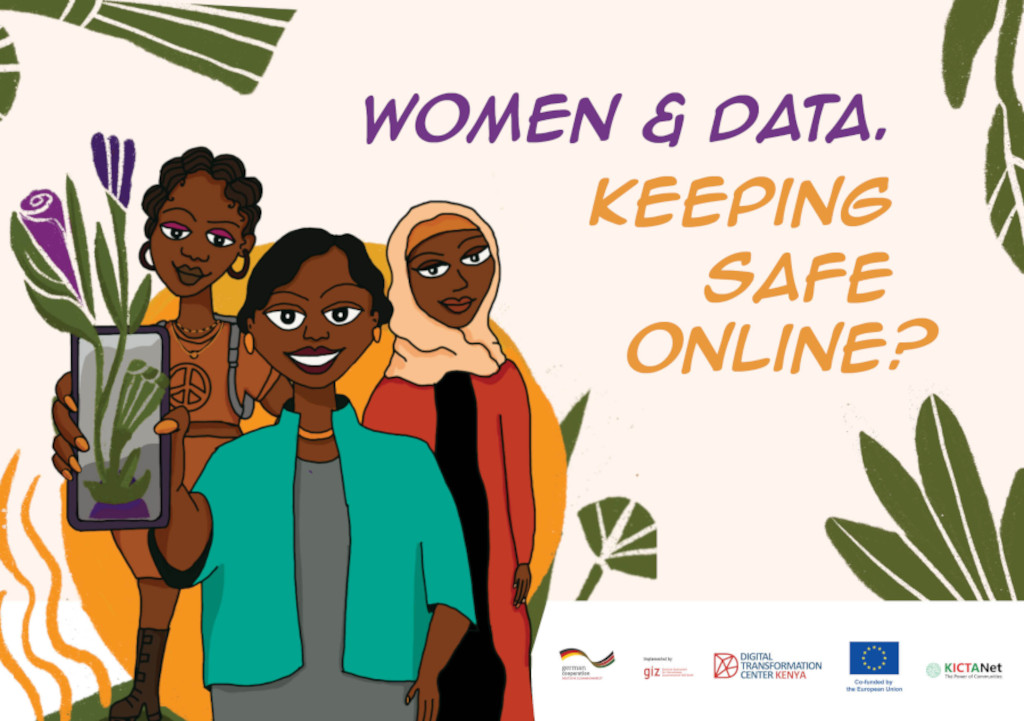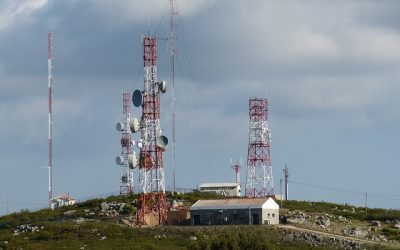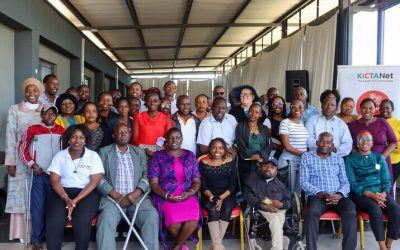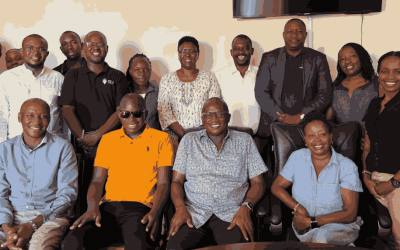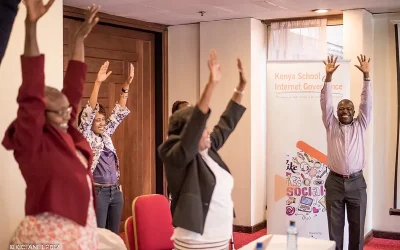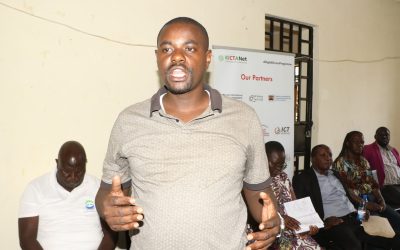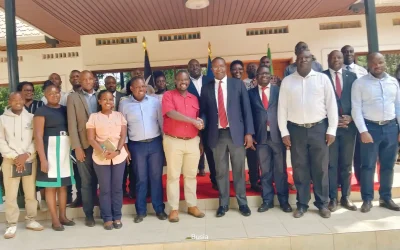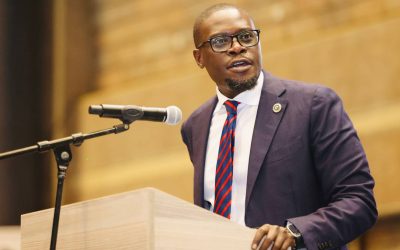Barriers Hindering PWDs’ Digital Access in Community Networks
Interestingly, most barriers to digital inclusion and accessibility for persons with disabilities (PWDs) are external; they do not typically arise from the individuals themselves, but rather from the environment surrounding them.
Celebrating Progress, Amplifying Digital Access for Women and Girls in Kenya
On 8th March 2025, KICTANet joins the world in celebrating International Women’s Day under the theme, “For ALL Women and Girls: Rights. Equality. Empowerment.” In Kenya, where internet connectivity continues to rise, it is critical to ensure that digital technologies...
Advancing Data Protection and Online Safety.
a.) Strengthening Data Protection in Kenya: Key Priorities As we approach the International Women’s Day discussions, the second session of the Enhancing Data Protection and Cyber Hygiene for Vulnerable Groups workshop in Machakos, conducted with support from GIZ,...
BHC & KICTANet Brief Busia Deputy Governor on Strengthening Digital Communities Program Progress
A delegation from the British High Commission (BHC) and KICTANet presented an update on the "Strengthening Digital Communities" program to Mr. Arthur Odera, Deputy Governor of Busia County, who also serves as the County Executive Committee Member for Health &...
Apply Now: 10th Kenya School of Internet Governance
KICTANet is accepting applications for the 10th Kenya School of Internet Governance (KeSIG). KeSIG precedes the Kenya Internet Governance Forum, providing foundational training in internet policy to beginners. This aims to build expertise and increase participation in...
From Farm to Market: How Technology is Improving Livelihoods in Busia
Technology has the power to enhance livelihoods across the globe. In Kenya, initiatives like the "Strengthening Digital Communities" project have shown remarkable success in empowering local agripreneurs through digital skills. Meanwhile, the UK's Digital Development...
UK Digital Skills Empower Busia, Transform Lives, Economy
Bridging Busia’s digital divide: The UK initiative provides inclusive digital literacy, creating jobs and empowering marginalized groups.
![]()
Harmonizing Data Governance in Africa: Key to Regional Integration
Greater regional cooperation and a renewed commitment to establishing robust data governance frameworks that support sustainable development and protect digital rights across the East African Community are needed. This was the clarion call at the sidelines of the East...
Critical Infrastructure Under Siege – Nairobi’s Governance Failure
Nairobi’s infrastructure crisis: A clash between city officials and Kenya Power exposed governance failures, digital disruption, and the urgent need for legal accountability and systemic reform to protect critical infrastructure.
![]()
KICTANet’s mission is to promote an enabling environment in the ICT sector that is robust, open, accessible, and rights-based through multistakeholder approaches.
During the 2022 – 2024 strategic period, KICTANet has prioritised the promotion of effective multistakeholder participation; an enabling legal, policy and regulatory environment; building capacities and empowered communities; and institutional strengthening. KICTANet’s guiding philosophy encourages synergies in ICT policy-related activities and initiatives. As such, the network provides mechanisms and a framework for continuing cooperation, engagement and collaboration in ICT matters among industry, technical community, academia, media, development partners, civil society and government.
_____
Strategic Priority.
- Convening power. To strengthen and promote engagement, collaboration and relationships with relevant stakeholders (state, business and non-state actors).
- Promoting an enabling environment. To catalyse policy, legislative and regulatory reforms in the ICT sector.
- Building capacities and empowered communities. To build the capacity of the stakeholders across government, business society and civil society and the citizens.
- Institutional strengthening.
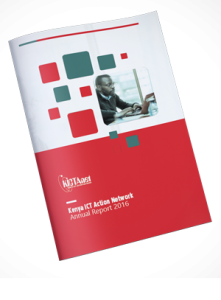
The report outlines the work undertaken in between 2007 and 2016 which is underpinned by crowd sourcing and community engagement
Click here to download the report

